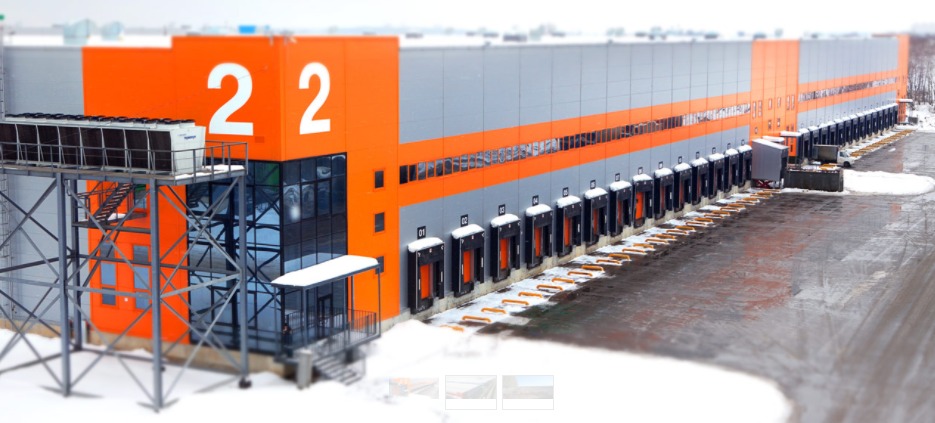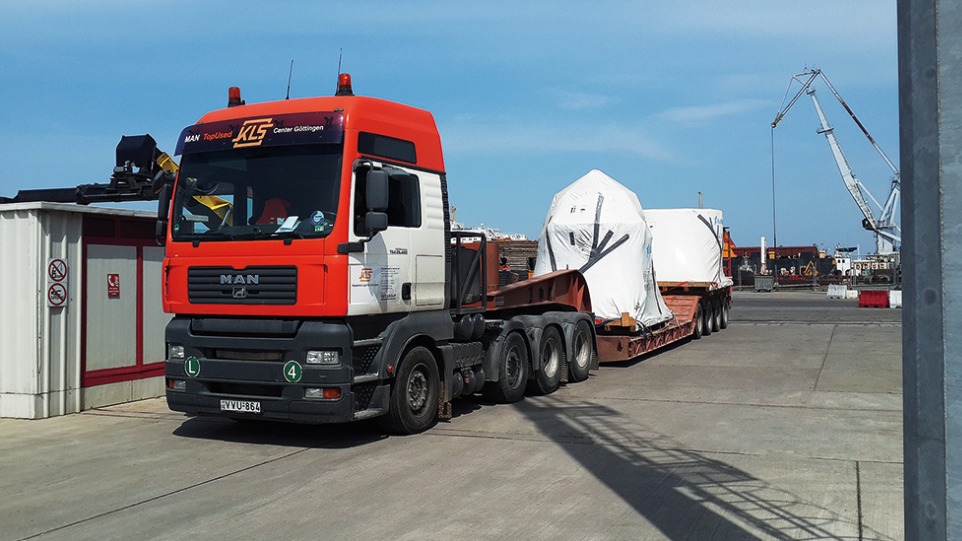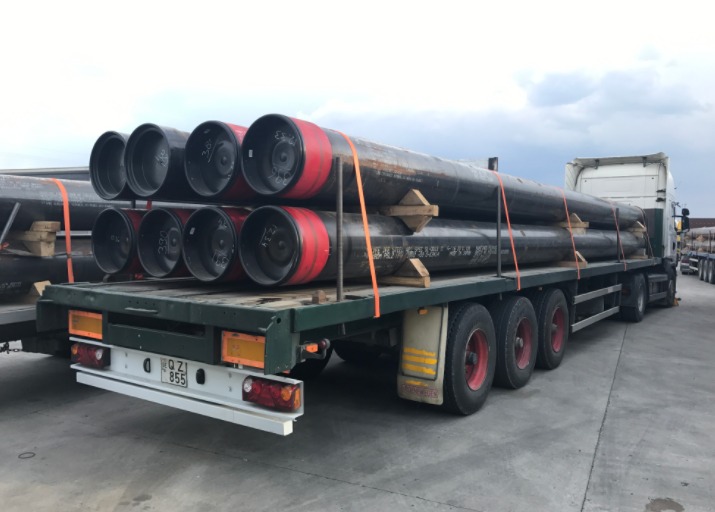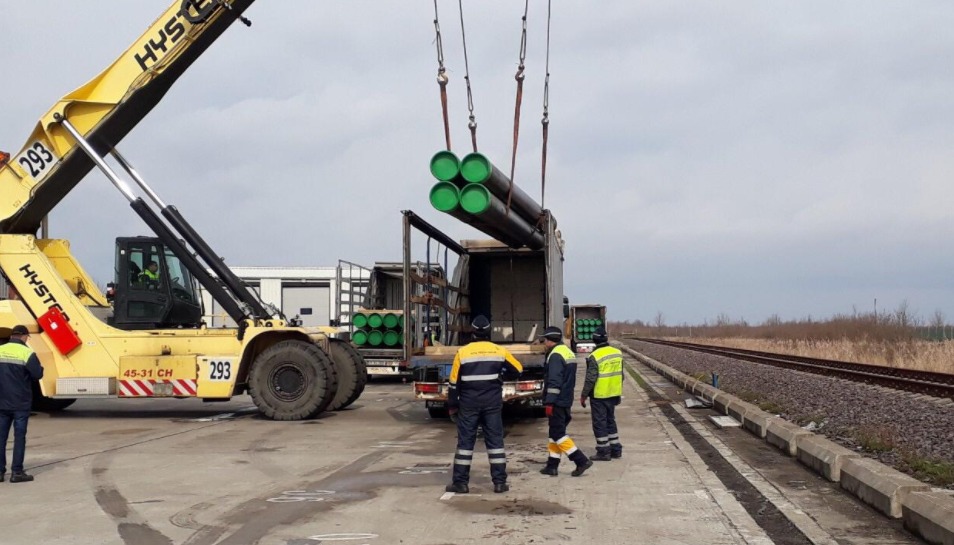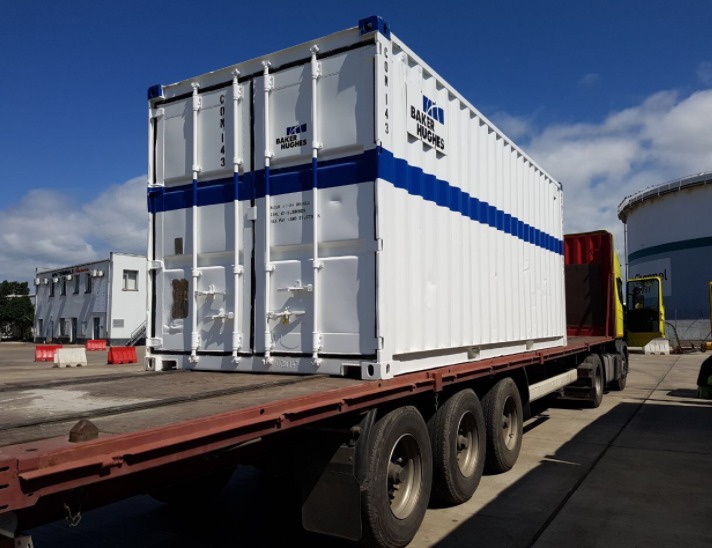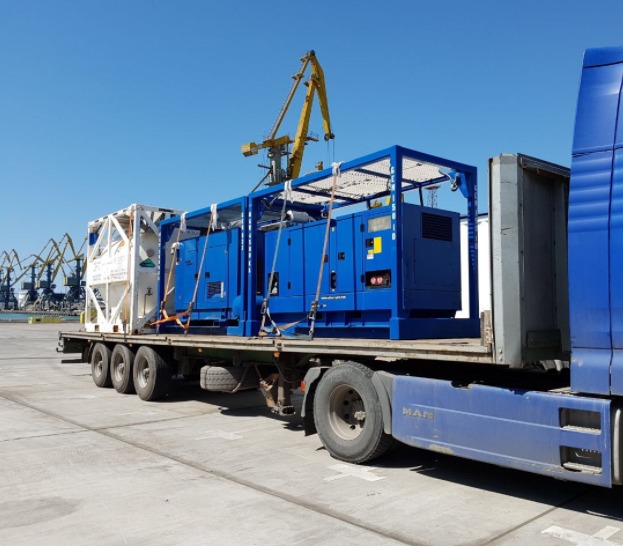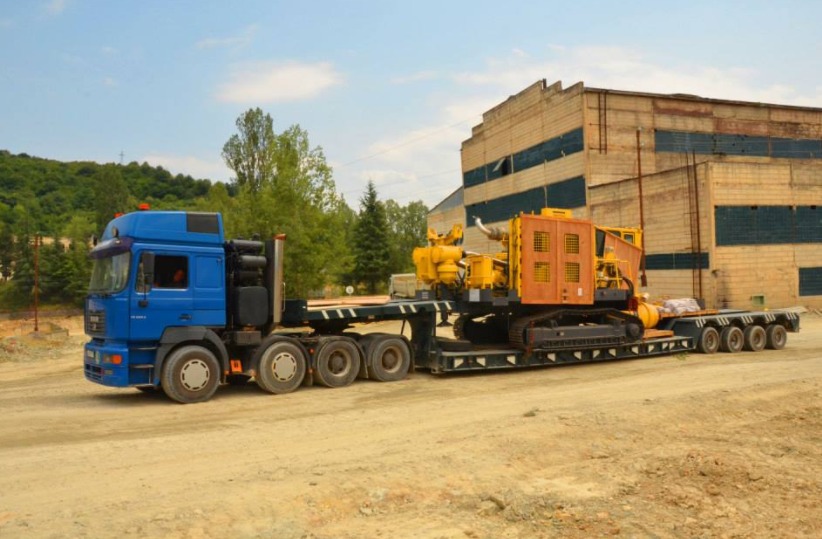
The challenges of last-minute logistics
The challenges of last-minute logistics
Year-end and the Christmas shopping season, which kicks off on Black Friday, is one of the busiest times of the year for logistics, and while it offers great potential for business, it can turn into a nightmare if we leave everything to the last minute. Let’s see how it can affect our shipments and what we can do to avoid it at this and all other seasons of the year.
Last-minute problems
Leaving things to the last minute is never a good idea in logistics. This leads to doing things in a hurry and ending up with the most commonplace problems and delays. These can include a lack of coordination between commercial and production equipment at the dates when the cargo is ready, or mistakes in documentation, delays for payment, etc., which added up, can have disastrous effects:
- Deadline: Congestion at ports, problems with paperwork or customs are some of the minor complications that can affect us on a daily basis. If we are also working with a tight deadline, this can involve a financial disaster for any logistical operation that had potential for major profit.
- Price/space: The law of supply and demand is never more apparent than at times when logistics is under pressure. Everyone wants imports and exports to take place for the same dates and space is finite, therefore leading to higher prices, complicating the viability of our shipment. Meeting deadlines in such a situation may require a price that far exceeds our budget.
Tips for facing a last-minute shipment
Planning ahead
While by definition, it may seem impossible to plan a last-minute shipment in advance, this is not actually the case. Especially when we are talking about dates such as Christmas or Black Friday, deadlines that we manage sufficiently in advance. We need be thinking ahead for our own good if we want to avoid having problems during these very competitive dates.
The key is to plan in advance in order to avoid having to take extreme measures. This involves organising shipments on time in order to have room for manoeuvre if something goes wrong at the last minute, such as the cargo not being available on the scheduled date. Setting these margins of error in advance allows our shipment to be just as fluid without being pressed for time.
Working with time ranges
One thing that is very important is to establish and clearly communicate the date when the merchandise must reach their destination and how much room for manoeuvre there is. A good freight forwarder will use this information even when working with a tight deadline to ensure the shipment arrives within the required time and at the best possible price.
Means of transport
Even if we are very clear what means of transport we wish to use for our merchandise, emergency situations may require extraordinary measures. By Air? Rail? Road? An alternative or a combination of means of transport can be the ideal formula to ensure shipments arrive at their destination within the required time.
Intermodal transport
When time is tight, is important to reduce processes at all costs. Intermodal transport shortens turnaround times by combining different means of transport without the need for loading and unloading. It may be just the alternative you need to ensure your shipments arrive door-to-door at the busiest dates.
A reliable freight forwarder
The freight forwarder is a shipment facilitator that offers the most cost-effective and efficient shipment plan. This includes managing the whole process, from the different rates to the documentation, paperwork, reservation of space, etc. While this involves many roles, it basically simplifies and therefore streamlines shipments.
When time is of the essence, it is essential to find a reliable freight forwarder as soon as possible that can meet the deadline. Comparing rates in an extreme situation is a mistake when time is not on our side, reducing the availability of space and therefore increasing costs.
At Bilogistik, we manage your shipping, dealing with all the challenges that may arise, offering alternative means of transport, intermodal transport and freight forwarders so that you don’t have to worry about anything other than leaving the merchandise in our hands.
